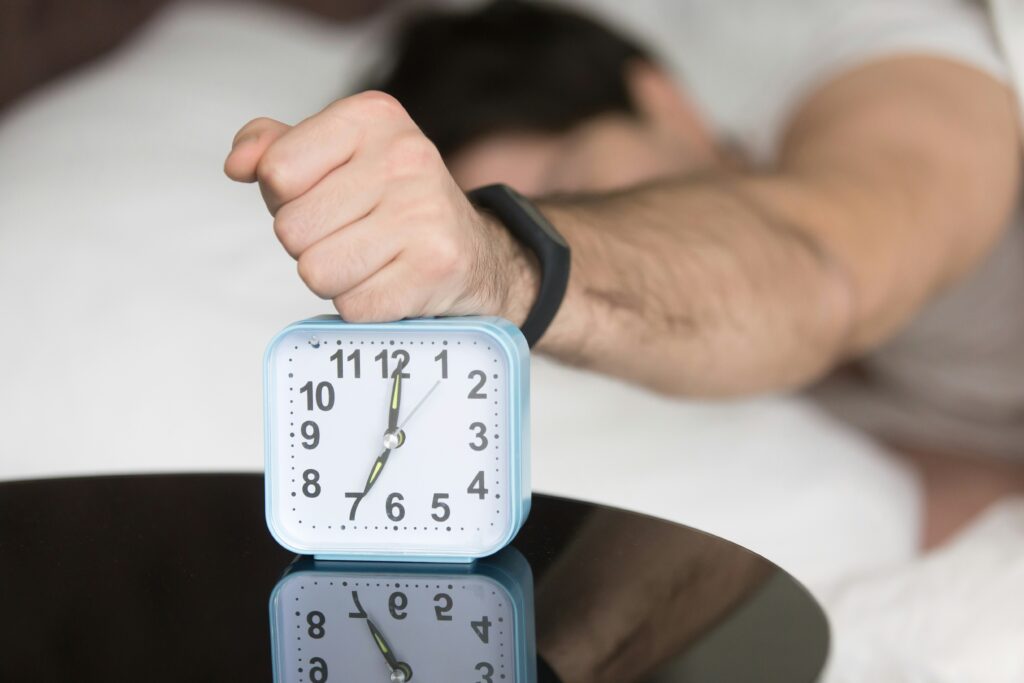Circadian Rhythm Disruption: How Light Exposure Impacts Hormones and Sleep
Posted in Wellness | By Yasmin S.

Our bodies operate on a natural 24-hour cycle known as the circadian rhythm, which regulates sleep-wake patterns, hormone release, metabolism, and other vital functions. This internal clock is largely influenced by light exposure—especially blue light—which signals to the brain when to be alert or sleepy.
How Light Affects the Circadian Rhythm
The suprachiasmatic nucleus (SCN) in the brain’s hypothalamus acts as the master clock. It receives information from light-sensitive cells in the eyes and adjusts hormone production accordingly.
- Morning light triggers the release of cortisol, a hormone that promotes alertness and energy.
- As daylight fades, the brain increases production of melatonin, the “sleep hormone,” to encourage rest.
Disruption by Artificial Light
Modern lifestyles expose us to artificial light from screens (phones, computers, TVs) and indoor lighting well into the evening. This blue light exposure tricks the brain into thinking it’s still daytime, suppressing melatonin production and delaying sleep onset.
Hormonal Impact
Circadian disruption affects more than just sleep:
- Melatonin suppression can impair immune function and increase inflammation.
- Cortisol rhythms may become irregular, leading to chronic stress, fatigue, and metabolic issues.
- Imbalanced hormones like insulin, thyroid hormones, and sex hormones may also be affected, increasing risks for diabetes, thyroid disorders, and reproductive problems.
Health Consequences of Disrupted Circadian Rhythms
- Poor sleep quality and insomnia
- Increased risk of mood disorders such as anxiety and depression
- Weakened immune response
- Weight gain and metabolic syndrome
- Higher risk of cardiovascular disease
How to Restore Healthy Circadian Rhythms
- Maximize natural light exposure during the day. Spend time outside in the morning sun.
- Limit screen and artificial light exposure at least 1–2 hours before bedtime. Use blue light filters or glasses if necessary.
- Maintain a consistent sleep schedule, going to bed and waking up at the same time daily.
- Create a dark, cool, and quiet sleep environment.
- Incorporate relaxation techniques like meditation or gentle stretching to signal winding down.
- Consider natural supplements like melatonin only under medical guidance.
Understanding how light exposure influences your circadian rhythm empowers you to take control of your sleep and hormone health. By aligning your daily habits with your body’s natural clock, you can improve sleep quality, boost energy, and reduce risks associated with hormonal imbalances.
Visit us at: https://stherb.us/product-category/products/
